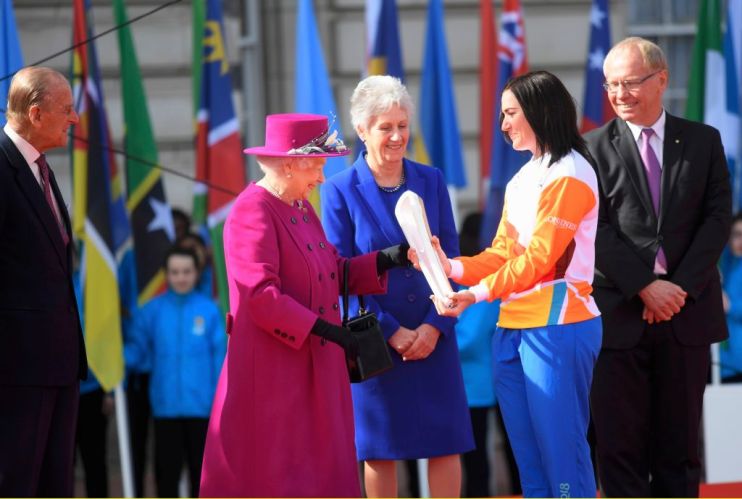Mass sporting events help bring the UK together and trumpet our shared values

Britain’s Roger Bannister beating John Landy in the so-called ‘Miracle Mile’ in Vancouver, Canada. Tanzania’s Filbert Bayi crushing the field by blasting out of the gates in the 1,500m in Christchurch, New Zealand. The Commonwealth Games certainly has form in creating history for people and places. Who will capture our imagination next year in Birmingham?
After nearly two years of life under Covid, I know our athletes, like their compatriots in the Tokyo Games last summer, are ready to strut their stuff. So, too, is my home region of the West Midlands. Indeed, the Commonwealth Games is central to the economic regeneration of our corner of Britain. The region has been transformed over the past few years, with businesses such as Goldman Sachs, Deutsche Bank, and HSBC putting down big footprints. Welcoming athletes and spectators from across The Commonwealth is the next important piece of that economic jigsaw.
The £1bn of investment by government and local partners ahead of the Games is, without doubt, a major vote of confidence in our people and our potential. It will build sporting venues, provide vital infrastructure to the area, and create 35,000 roles of which 6,000 people will be trained for jobs of the future. Building up all of our cities is central to fulfilling the “levelling-up” agenda.
It’s about making us competitive in the global economy so major conurbations like the West Midlands now compete with other big cities across the world for talent and opportunity. Strengthening all regions of the UK will help build up each of us individually. In a post-Brexit context, the exposure which comes with hosting a global sporting event is priceless; it allows the West Midlands to challenge existing perceptions of a region defined by its industrial past by demonstrating how it is dramatically changing into a technologically-forward region, home to gigafactories and the like, over the coming years.
Hopefully, it will put the West Midlands on the tourist map and drive spending in vital industries like the hospitality sector as well as develop Britain’s global standing. Britain is much more than just London and we should put the region’s diverse treats from Shakespeare’s Stratford to Birmingham’s Michelin-starred restaurants and the Black Country’s Living Museum on display.
To the cynics who say these mega sporting events don’t change much, I ask them to consider the experience of the London Olympics in 2012 and the community spirit and the camaraderie it harnessed. Remember also the regeneration and reinvigoration of Manchester in 2002 and Glasgow in 2014. The Commonwealth Games can play a pivotal role in building back stronger and showcasing the most cosmopolitan and ethnically diverse corner of the United Kingdom.
Our progress is a rebuke to the pessimists who doubt Britain’s ability to tap various cultures and integrate them into our communities and economic opportunity. Our region is the best advertisement for what Britain is capable of when we apply ourselves to the task.
Part of my job and the role of mayors is to be a global salesman for our respective areas.
Between now and next year, our team will be going on a whistlestop tour to sell the Commonwealth Games and the West Midlands around the world. We will make the case for sport as a uniting force, for the West Midlands as a place of hope and economic opportunity, and for Britain as a beacon in an increasingly dark world.
